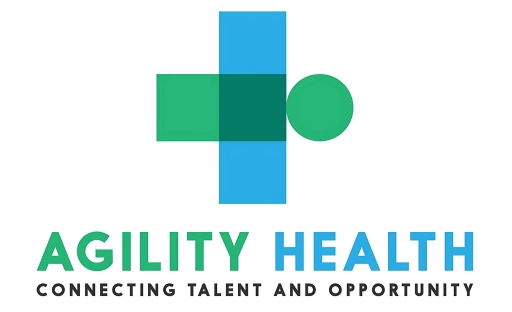What Are the Steps to Become an Agency Nurse?
Introduction
Agency nursing is an appealing career path for those who value flexibility, variety, and autonomy. Whether you’re just starting your nursing career or looking to make a switch from a permanent role, working as an agency nurse can offer unique opportunities. In this guide, we’ll outline the steps you need to take to become an agency nurse and start reaping the benefits of this flexible career option.
1. Obtain the Required Nursing Qualifications
The first step to becoming an agency nurse is to ensure you meet the necessary qualifications.
Complete a Nursing Degree
To work as a registered nurse (RN), you must first complete a nursing program. Depending on your location, this could be a Bachelor of Science in Nursing (BSN) or an Associate Degree in Nursing (ADN). Many healthcare systems prefer candidates with a BSN due to the higher level of education.
Pass the Nursing Licensure Exam
After completing your degree, you’ll need to pass your national nursing licensure exam. In the U.S., this would be the NCLEX-RN (National Council Licensure Examination), while other countries will have their own equivalent exams. Passing this test is a crucial step to becoming a licensed nurse.
Gain Relevant Certifications
In addition to your licensure, you may want to consider additional certifications in specific areas, such as Basic Life Support (BLS), Advanced Cardiovascular Life Support (ACLS), or specialty certifications like pediatric or critical care nursing, which can make you more marketable to agencies.
2. Gain Clinical Experience
Agency nursing generally requires a minimum amount of clinical experience before you can start. Most agencies prefer nurses with at least one to two years of experience in a clinical setting.
Build a Diverse Skill Set
Working in different departments or specialties (e.g., emergency, critical care, or medical-surgical units) will make you more versatile and attractive to agencies. Since agency nurses are often placed in different settings, a well-rounded background can help you adapt quickly.
Network in Various Settings
The more diverse your work experience, the better you’ll be able to market yourself as a competent and flexible agency nurse. Use your clinical experience to build a professional network, which could lead to future agency opportunities.
3. Research and Choose an Agency
Once you have the required experience, you’ll need to find a reputable nursing agency to work with.
Compare Agencies
There are many healthcare staffing agencies, each offering different pay rates, benefits, and assignment types. Research different agencies and compare:
- Pay rates
- Benefits (e.g., insurance, retirement plans)
- Locations and types of assignments
- Flexibility in scheduling
Read Reviews and Testimonials
Look for reviews and feedback from other agency nurses who have worked with the agencies you’re considering. This will give you a clearer picture of what to expect and whether the agency aligns with your goals.
4. Apply to an Agency and Complete the Onboarding Process
Once you’ve selected an agency, the next step is to apply and go through their onboarding process.
Submit Your Application
You’ll need to submit your nursing license, certifications, and employment history when applying. Some agencies may also ask for references from previous employers or colleagues.
Complete Background Checks and Health Screenings
Most agencies will conduct a background check, drug test, and health screening as part of the hiring process. You may also be required to show proof of vaccinations, particularly for communicable diseases like Hepatitis B and COVID-19.
Sign a Contract
After you’ve been accepted, you’ll likely sign a contract with the agency. This contract outlines the terms of your working relationship, such as pay rates, expected shifts, and conditions for accepting or declining work assignments.
5. Start Accepting Shifts
Once your onboarding is complete, you can start accepting shifts and assignments. Agency nursing allows you to choose when and where you want to work, so it’s up to you to decide how much or how little you want to take on.
Be Proactive in Seeking Assignments
Since agency work can fluctuate, it’s a good idea to stay in regular contact with your agency and be proactive in seeking new assignments. Some agencies have online portals or mobile apps where you can view available shifts and sign up for work quickly.
Adapt to New Settings
As an agency nurse, you’ll be working in various healthcare settings, so flexibility and adaptability are key. Each assignment will have different expectations and protocols, and being able to adjust quickly will help you succeed.
6. Continue Professional Development
To stay competitive and grow your career as an agency nurse, it’s important to continue learning and improving your skills.
Pursue Further Certifications
Consider advancing your qualifications by pursuing additional certifications or taking courses in specialised areas of nursing. This can make you more desirable to agencies and open up higher-paying opportunities.
Stay Up-to-Date with Industry Trends
Healthcare is always evolving, so staying informed about the latest trends, technologies, and best practices in nursing will help you stay ahead in your career.
Conclusion
Becoming an agency nurse offers a unique blend of flexibility, autonomy, and variety in work settings. By following these steps—obtaining the right qualifications, gaining experience, choosing the right agency, and continuously developing your skills—you can embark on a successful and fulfilling career as an agency nurse.

